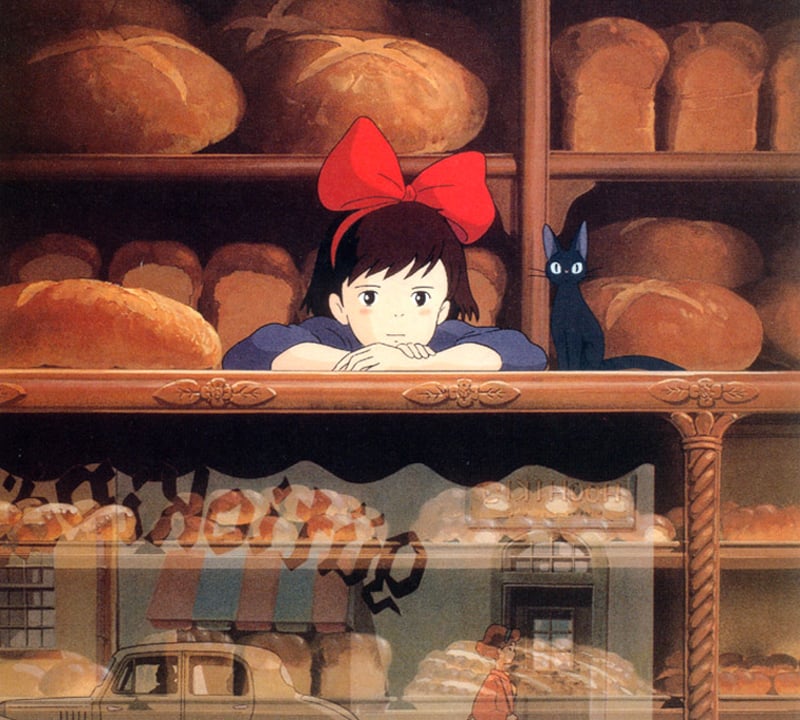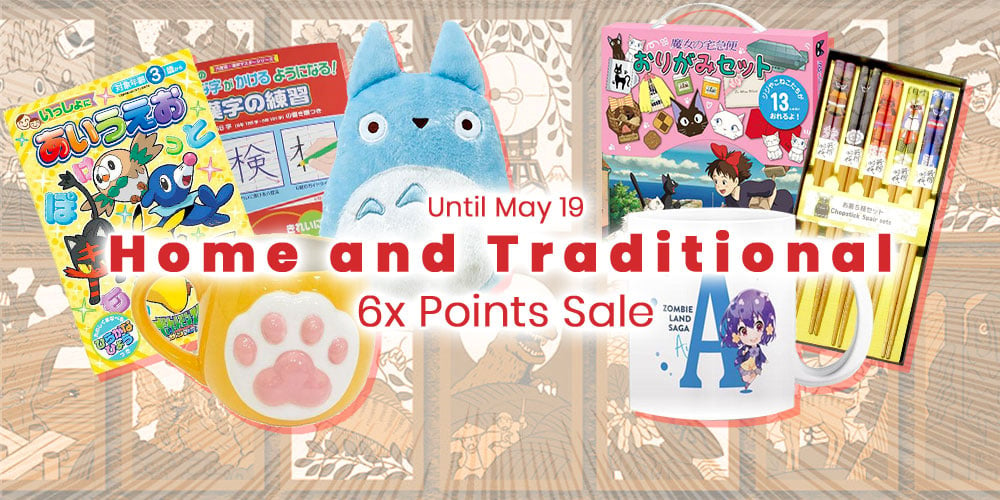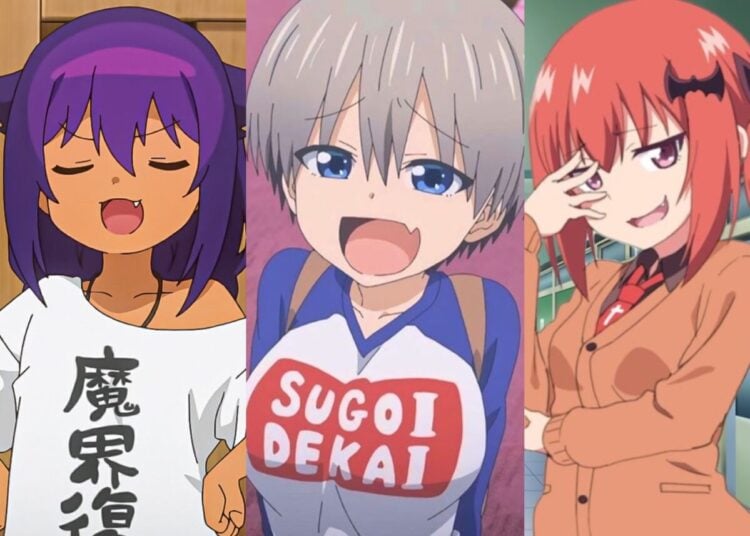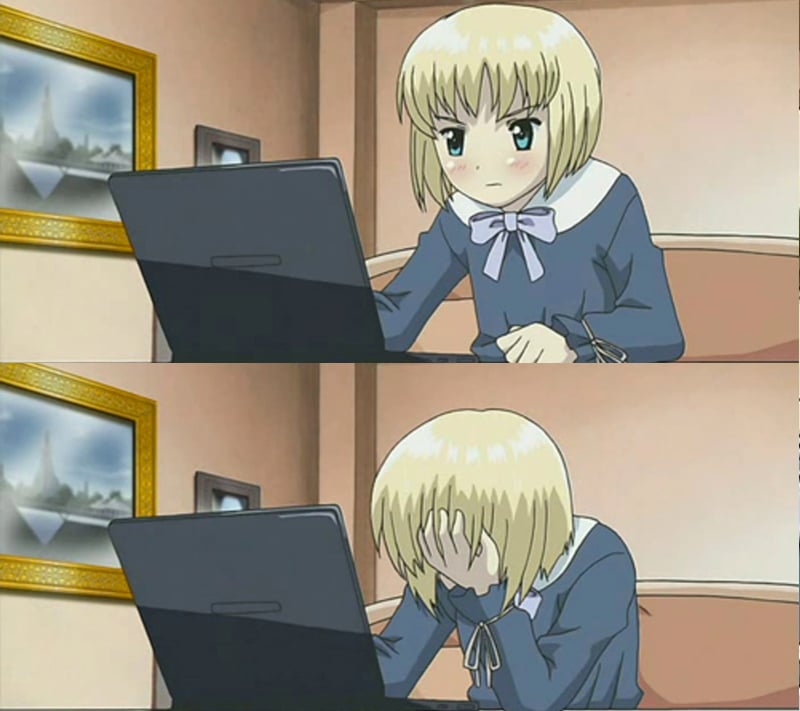
Every country has various issues it’s got to work through, and Japan is no different. Some candidates for Japan’s biggest crisis include…
- The oldest population in the world, with 25% of people already over the age of 65. Sometimes this leads to sad events, like a mother and daughter killed by an 87-year-old driver who mistakenly pushed the accelerator instead of the brake last month, which has caused a lot of soul-searching about how to handle the issue of elderly drivers.
- A lack of workers to fuel its future economic expansion. Unlike the U.S. and Europe, there is currently little immigration from the outside, which caused the population to peak in 2014. Japan has pretty much signaled that they understand that foreign workers will be needed and have started making it easier to get a work visa. (If you have technical skills and are interested in working in Japan, I’ve got a post with some information for you.)
- Economic issues stemming from the worst economic crisis any nation has faced, the Japan Asset Bubble, which caused deflation and stagnation that is only now finally working itself out three decades later.
- Ongoing challenges growing the birth rate, or even getting Japanese people to, you know, maybe go on a date once in a while?
But Japan’s biggest crisis might be business owners who lack successors to take over for them when they retire or die, either because they have no children or the children don’t want to go into the family business. All across Japan, operators of farms or shops or regional distribution companies have no one to take over for them, and eventually face closing despite having healthy, sustainable businesses.
One of the worst areas for this is Buddhist temples: since few young people clamoring to become Buddhist priests, 40% of Japan’s temples are in danger of closing within the next two decades. While the word 空き家 akiya describes an empty house with no one living in it because they died or moved in with other family members (15% of homes in Japan are sitting empty, including one next to my house), a new word 空き寺 akitera or “empty and abandoned Buddhist temple” has recently been coined.
The “lack of successor problem” became real for J-List a couple of months ago when the well we use for water ran dry, and we needed to get a new one drilled. Well, well-drilling isn’t exactly a cutting edge and vibrant industry, and it took a month to find someone with the required skills, as most artisans have died or closed up shop. An 8o-year-old man and his wife showed up and set up their drill, and have been trying to coax the water out of the ground for the past few days.
What can save Japanese businesses? Maybe capitalism. Increasingly foreign companies are coming to Japan and looking at what businesses they can invest in, giving them capital so they can maintain and grow. One area that’s seen a lot of investment from outside Japan are onsen hot springs, like Oedo Onsen Monogatari, which was used in an episode of Denkigai no Hon’ya-san, that was purchased by Bain Capital. Maybe a combination of smart moves by outside investors and increased technology can help solve one of Japan’s biggest crisis areas in the future.
J-List has always described ourselves as “a wonderful toybox of things from Japan,” and through Sunday we’re having a fun sale on all our Home and Traditional products. We’re giving everyone 6x J-List Points when you pick up wonderful Japanese products for your home or kitchen, including bento, chopsticks, cute anime mug cups and more! Browse all the sale items here.
















